Review of the Day: Black Girl You Are Atlas by Renée Watson, ill. Ekua Holmes
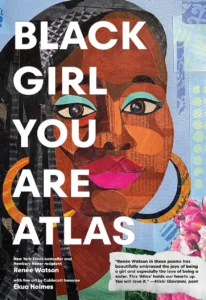
When I read a book for kids, I want that aha moment. That bright and shining ZING that hits you mid-page, mid-sentence. It’s when you’re going along, doing what you do, and suddenly there’s this notion in your brain. “Hey. Wait a minute… this is really good.” A beat. “No, I mean really REALLY good!!” And then you, the reader, for whatever reason this may be, feel so so very smart. It doesn’t make a lot of sense but YOU feel incredibly intelligent for having realized what a good book you have in your hands. Never mind that you did nothing to deserve that feeling, not really. Even so, it can be addicting. You want to feel that with all the books you read for kids, but that’s the thing about literature in the 21st century. That feeling can only occur when all the stars are aligned, the author was in the right groove, the editor understood the project to their core, and the illustrator (if there is one) not only got what they needed to do but was the best possible person for the job. In short, it’s the feeling you get when you read Black Girl You Are Atlas. Funny, whipsmart, emotionally resonant, and quick. When I want to hand a book to kids, I want to hand them the best. I want to hand them this.
Thirty-eight poems come together. Poems that spring from author Renée Watson’s life, experiences, thoughts, and understandings. From and to Black girls, they’re fun, deeply serious, personal, and universal. The poet plays with form, writing tankas, haikus, pantoums, and more. She looks at ages seven, thirteen, sixteen, and seventeen. She is specific. She is broad. And she is always always deeply engrossing, impossible to turn away from. These are the poems that had to be written. Today, they have been.
ADVERTISEMENT
ADVERTISEMENT
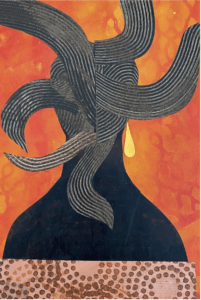
It can be hard for me to convey to readers just how beautiful a book’s language can be, but I might have an ace up my sleeve this time around. To begin, let’s look at the titular poem “atlas”. It crops up around the 16th and 17th pages, so about a fourth of the way into the book. On the left-hand page are three definitions from The Merriam-Webster Dictionary for “atlas”. The first definition is of the Titan named Atlas who supported the heavens on his shoulders. The second is for “one who bears a heavy burden”. The third is for a bound collection of maps. On the right-hand page is the poem, told in unbroken sentences almost filling the page. The repeated phrase “Black girl you are Atlas” is followed by descriptions like, “The way your very presence in a room is a reminder of where you came from, a demand of what you are owed.” And later, “You are festival and feast. You are nourishment in famine.” Concluding later with this: “Black girl you are Atlas. The way no one expected you to be the fulfillment of prophecy. But it is you, always, who holds the world up.” I look through the poem over and over, finding something new each time. Look at how Ms. Watson uses the phrase “The way” repeatedly. When it’s written out on the page like this, you notice the repetition more easily. How words like “You already know” come up again and again. This poem could be the queen of all monologues for a kid. I can already imagine a parent waltzing into their daughter’s room in the morning to get them up for school, reading this poem aloud while the kid squirms and moans, and pretends to hate it, and adores it just the same.
I guess something that surprised me about this book was the mere fact that it even was poetry. I found myself clicking through Watson’s oeuvre, trying to pinpoint the exact moment that she told all of us that she was w fantastic poet. Where are her previous collections? Has she been writing poetry in secret for years and only just now got around to mentioning it to us? Poems this good don’t exist in a vacuum and there’s something so satisfying about watching a person take moments form their own life, painful, delightful, all of that, and turn them into not just a story that makes sense, but that has the kind of meaning that kids today can actually learn from. Can you imagine trying to do that? To give your most painful memories meaning, and then to write them out so beautifully that reviewers like myself are left gaping like fish?
Some of the poems are short and sweet. Some take you on a full journey. “Turning Thirteen”, for example, starts out with this: “Rodney King has been beaten by LAPD police officers / and I can’t stop thinking about the cute boy at school / who asked me, Why are you so beautiful?” And to be honest, you could probably stop right there and just that sentence would give you more than enough to chew on. But this particular poem is going to send you on a journey. You think it’s going in one direction and then it flies completely in another so that when you get to its end that last section guts you. “And when I blow out / thirteen candles on a hot July day / my siblings and cousins and friends say, / Make a wish as if wishing can give / a Black girl what she needs to survive.”
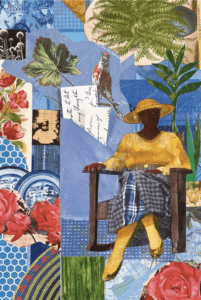
And I suppose now’s as good a time as any to discuss the age range of this book. One gets the distinct impression that Renée Watson doesn’t sit up nights fretting about the age ranges of her books. The publisher on their website categorize this as “Teen and Young Adult Fiction”. My distributor Baker & Taylor says it’s for ages 12-14. Me? I think the book straddles childhood and teendom expertly. Indeed the book itself is all about that transition. It’s about kids wanting so desperately to be older already. With its slim size, clocking in at a mere 80 pages, it isn’t intimidating either. This book has the ability to be alluring to a wide swath of young people. And while I’d love to believe that some of its topics would only be familiar to older readers, I think you and I know that this is not the case.
There’s something I worry about with this book, though. I have often mentioned that I believe that we are currently living in a golden age of children’s literature. Kids today are getting access to better books on a wider range of topics from historically marginalized voices in numbers we’ve never seen before (though I think we’d all agree that there is significant room for improvement). This shift in the publishing cycle has yielded some interesting results. For example, there are a fair number of books out there promoting self-esteem amongst girls of color. Usually these are in picture book form, but in the last few years they’ve exploded into other age ranges as well. So the trick here is getting this book to stand out in the field. If it’s on display with a ream of similarly titled books, there’s a danger that it won’t be sufficiently noticeable. Fortunately, it has a couple natural advantages. The age range is a bit higher, and the actual physical size of the book is smaller. The girl on the cover does not look like she is nine-years-old either, which will instantly make this book more appealing to kids (who at a certain point eschew anything that looks like it’s for “little kids”).
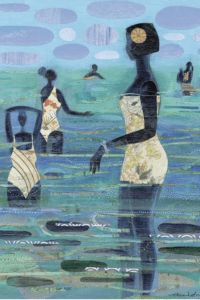
I haven’t been shy about talking about the extraordinary language in this book to anyone and everyone I see on the street (roundabout). But it took another person the other day to draw my attention to the art. I’m sure you could do all kinds of studies on reviewers’ brains to determine where they rank the importance of writing vs. art. In the case of this particular title, some mild genius got it into their heads to hire Ekua Homes. This then gives them the excuse to note on the cover that while Watson has a Newbery Honor, Holmes has a Caldecott Honor too. Classy stuff. Art in a work of poetry like this could potentially make the book seem younger, but I’m not sure that that’s the case here. I noticed with interest how Holmes changes her style a bit from image to image. Her cut paper style sometimes renders people as just the roughest of outlines. Other times (as with the poem “Thirteen”) she leaves you with no doubt that she’s capable of painting people with crystal clarity. Interestingly, only two pieces in this book were created specifically for the book itself. Which two? It’s up to you to guess (I have my own theories on the matter).
Poetry doesn’t come with a set of instructions. Teachers, parents, librarians, few of these gatekeepers know precisely how or when to use it. If they’re anything like me then they know good poetry when they see it, and this is hella good poetry right here, but what’s the next step? What do you do with a book this good? Award it first and foremost, naturally. Next, read it. Read it aloud to the kids. Make the kids read it? Let the kids discover it? Have the kids study it? What works for one may not work for another, so in my personal opinion the key is to try as many different ways as possible. Happily, with its unimposing page count, enticing cover, and promise of maturity to kids (and understanding for young teens) I think it has a good chance of becoming some kind of a classic. It’s certainly deserving of the moniker in any case. A robust, wonderful, incredible poetry collection that I hope everyone has a chance to discover and adore. It’s adore-worthy.
On shelves now.
Source: Final copy sent from publisher for review.
Filed under: Best Books, Best Books of 2024, Review 2024, Reviews
About Betsy Bird
Betsy Bird is currently the Collection Development Manager of the Evanston Public Library system and a former Materials Specialist for New York Public Library. She has served on Newbery, written for Horn Book, and has done other lovely little things that she'd love to tell you about but that she's sure you'd find more interesting to hear of in person. Her opinions are her own and do not reflect those of EPL, SLJ, or any of the other acronyms you might be able to name. Follow her on Twitter: @fuseeight.
ADVERTISEMENT
ADVERTISEMENT
SLJ Blog Network
Magda, Intergalactic Chef: The Big Tournament | Exclusive Preview
Fifteen early Mock Newbery 2026 Contenders
When Book Bans are a Form of Discrimination, What is the Path to Justice?
ADVERTISEMENT



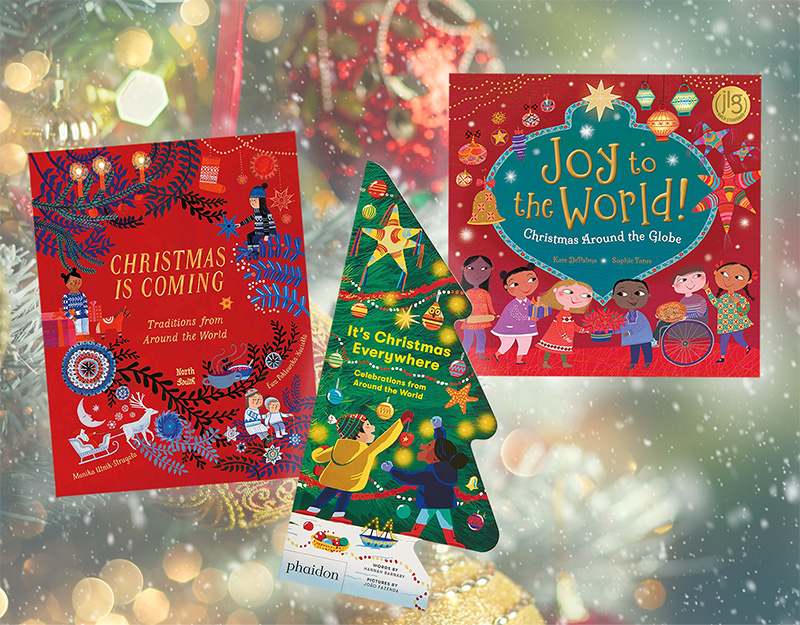
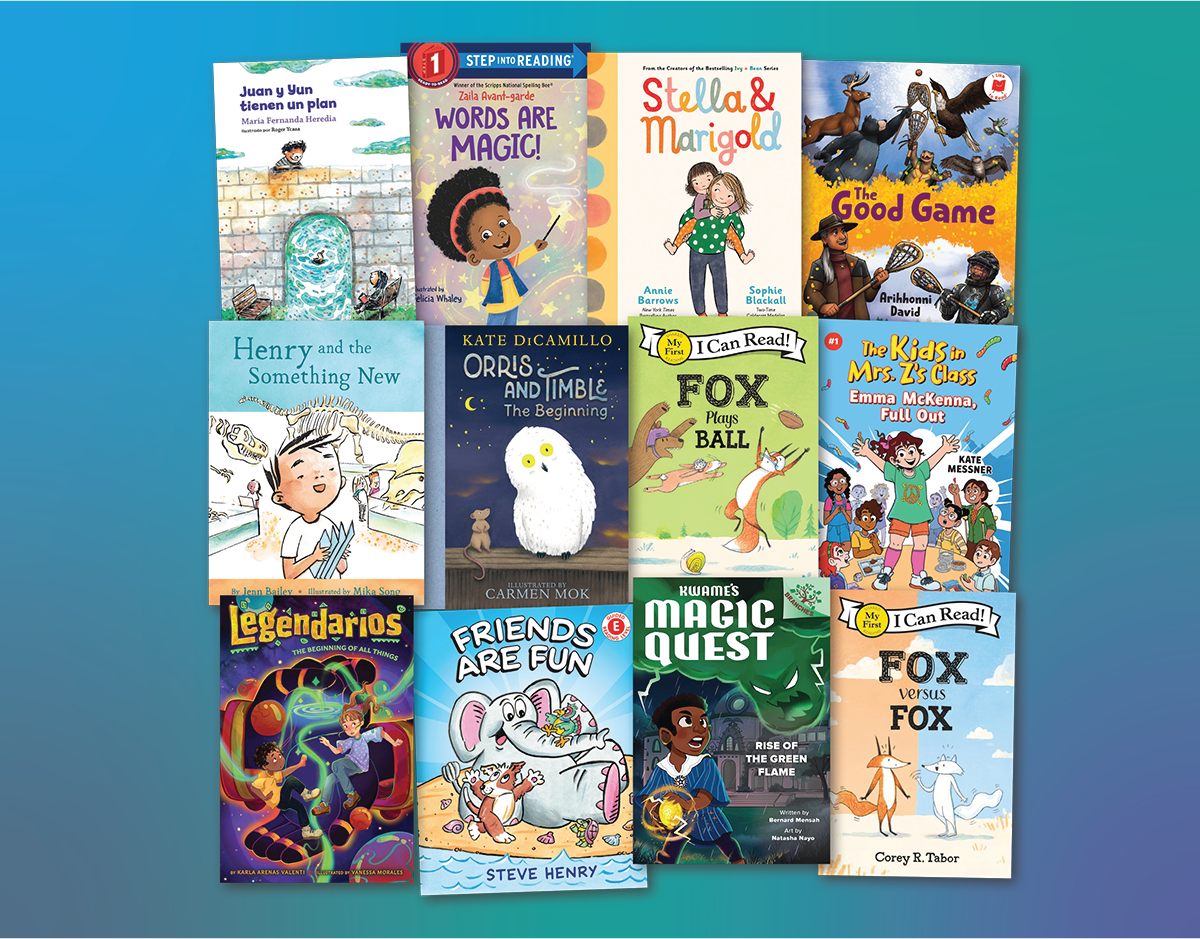
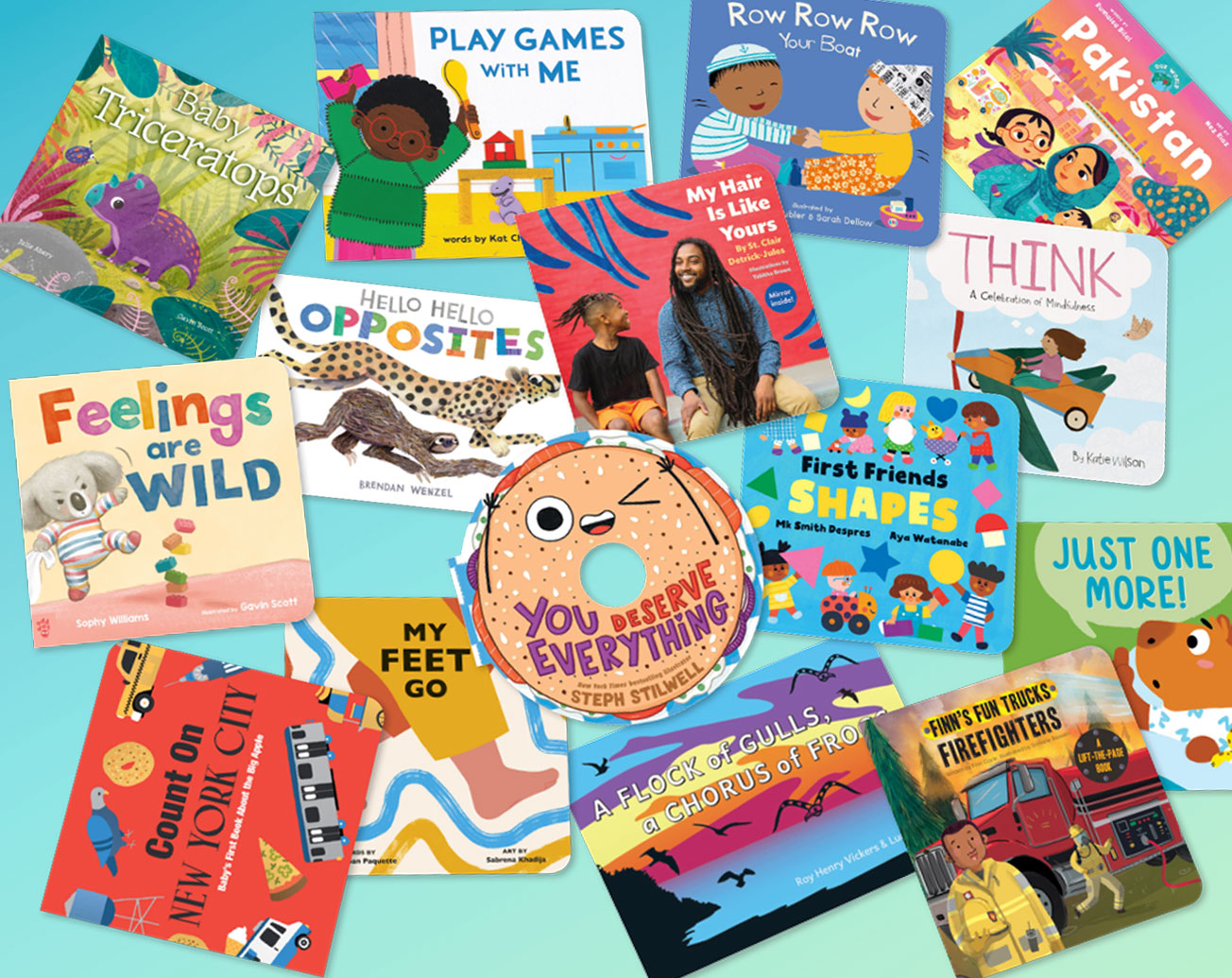

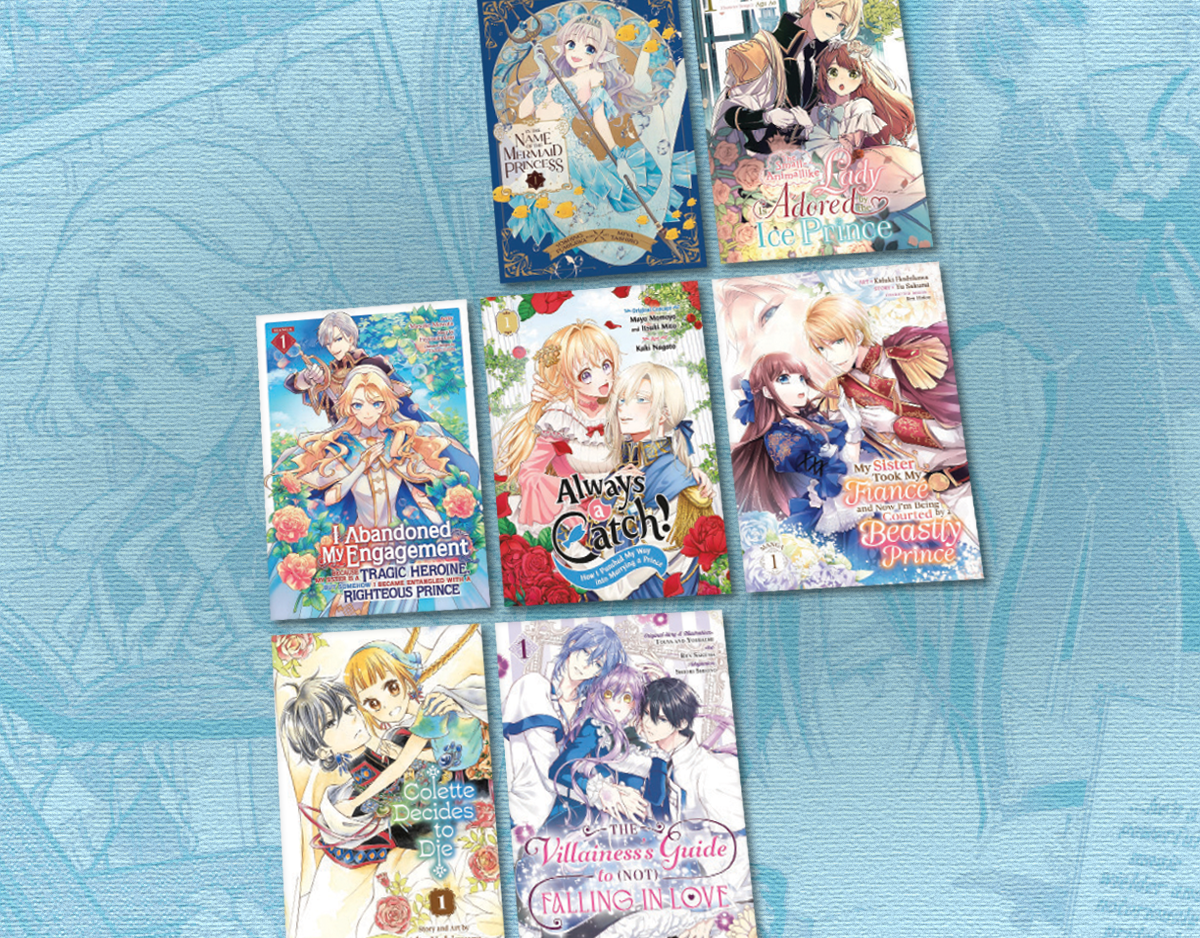
Almost without exception I will first encounter notification of a new publication right here on your blog. However, the day you posted your thoughts about BLACK GIRL YOU ARE ATLAS (March 22) I had that book in my hands. An earlier review led to an Amazon purchase. Trouble is . . . LIFE interferences ( such as spring weeds to pull, income tax to prepare, etc. etc. ) has interfered with my available reading time and I’m waiting to enjoy what I believe will be a very special read.
Thanks so much for all you shared.